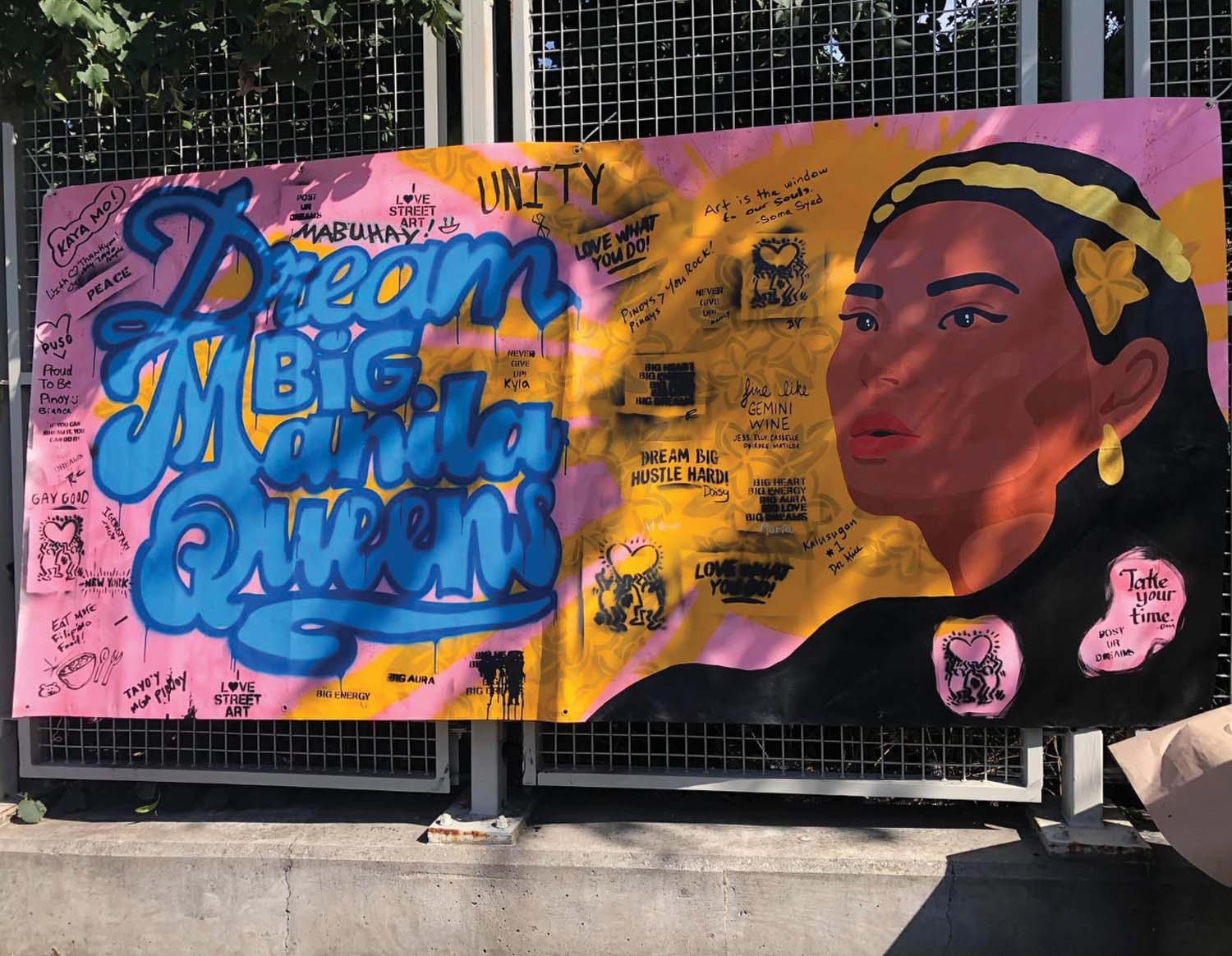
MORE than a dozen community organizations gathered on Saturday, Oct. 2 for a Little Manila Block Party and to celebrate Filipino American History Month.
“As Filipinos, we believe in the bayanihan—a spirit of civic unity and cooperation among Filipinos. Filipino Americans would not have thrived without the aid of community groups whose far-reaching support has spanned across generations and borders,” the group posted on their website.
One of the organizations is Little Manila Queens Bayanihan Arts, a collaboration between artists and cultural workers who support community-based arts and creative placekeeping efforts by and for the diasporic Filipino community in Woodside, Queens, as well as the greater New York City area.
“We thought that it was really important to hold public space for Filipinos to come together and celebrate one another, celebrate our accomplishments and here especially at Little Manila in Woodside, Queens, because this is where the concentration of Filipino businesses are, and then they’ve been here for decades. So we want to celebrate that as well,” Jaclyn Reyes told the Asian Journal.
A Filipino American born and raised here in the United States, Reyes said she “grew up not knowing my own history” and only learned it later in her adulthood, “I didn’t learn it in school, and my greatest teachers were people in the community, people like these and these organizations the artists, they taught me everything about what it means to be Filipino,” she added.
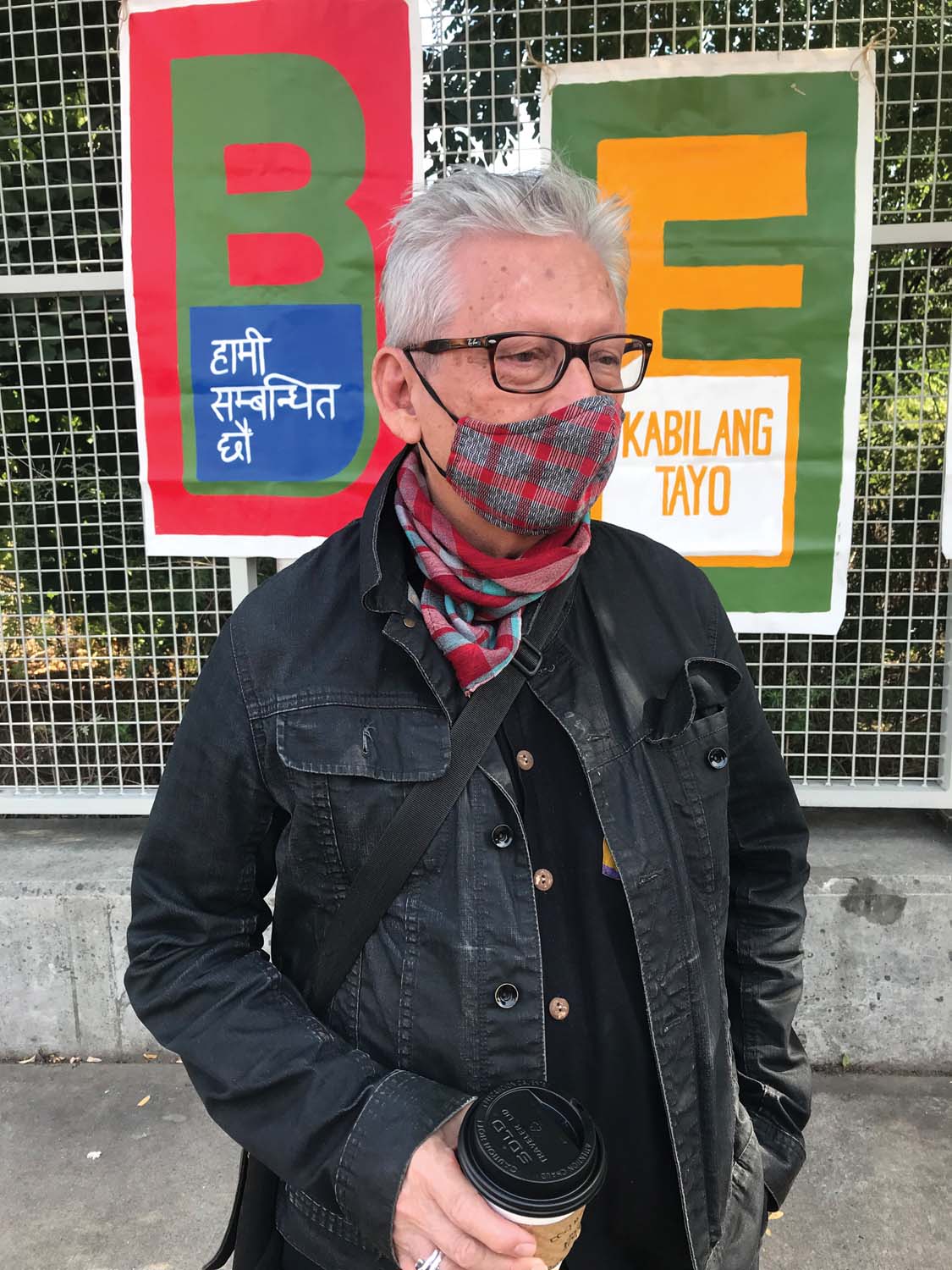
For Prof. Luis Francia, celebrating Filipino American History Month is essential, adding that it should also be a commemoration.
“A celebration of the fact that we have not only survived but thrive as a community, as Filipinos in the diaspora, we have contributed to the wealth and prosperity of this nation. But on the other hand, we also have to remember the roots of why we’re here and love includes remembering, for instance, the Philippine-American war, which has still to this day, been largely sidelined.” he shared. “It’s a complex thing there is indeed a lot to celebrate, but there’s also a lot to be remembered.”
Francia also noted that many in the community “still think of ourselves as outsiders.”
“We should actively participate in the building of America. I think of America as a kind of cathedral. It’s never finished up either. We should continue to do the things that bind us together not only as a community but as part of a larger community which is the dream of a United States of America,” he said.
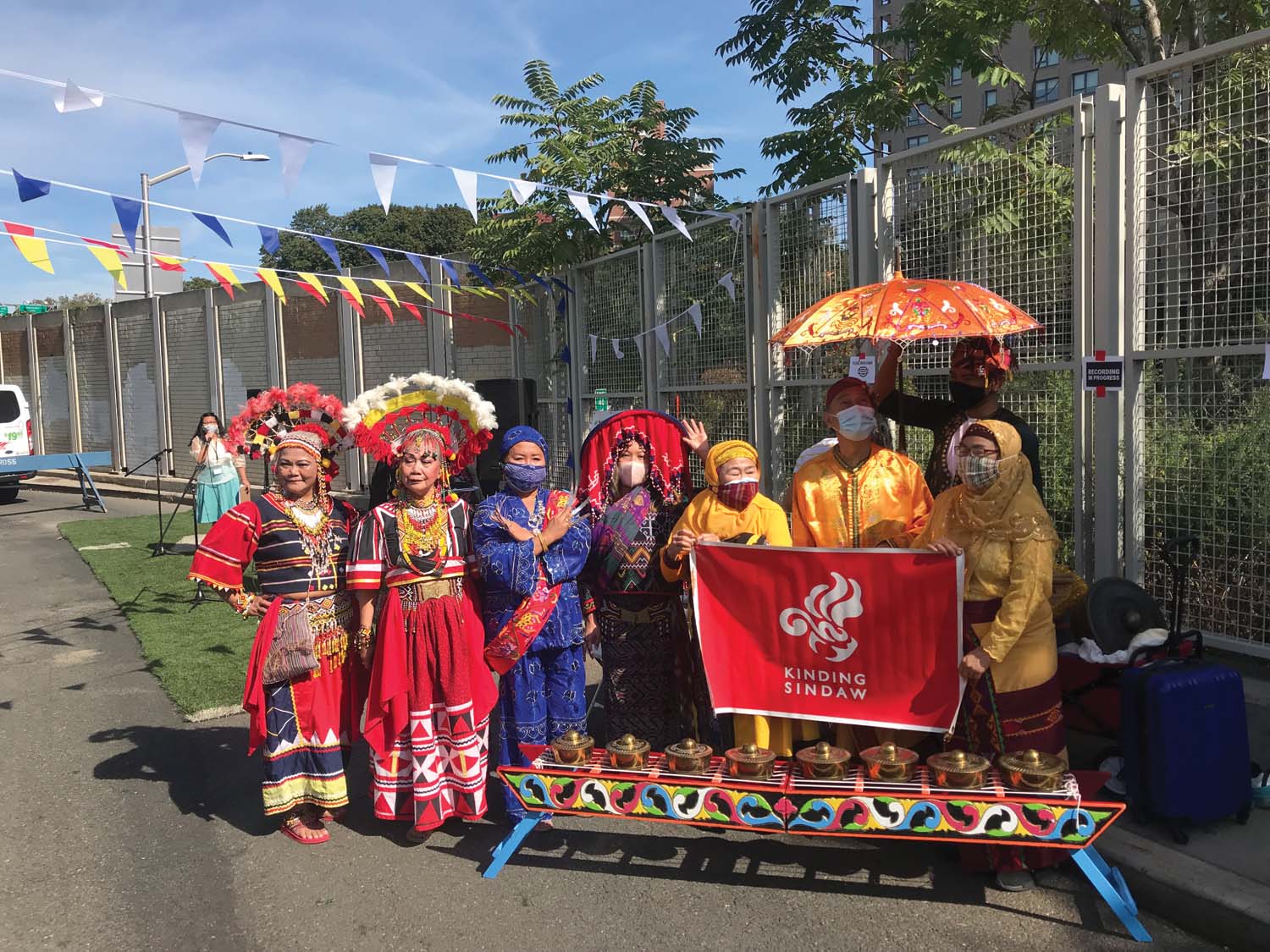
The block party took place along 70th Street and featured a cultural performance by Kinding Sindaw, an adobo cookoff, workshops, and other activities.
There were also booths by the participating organizations including National Alliance for Filipino Concerns-Northeast, the Diverse Streets Initiative, the Filipino American National Historical Society-Metro New York, Little Manila Queens Bayanihan Arts, and Woodside on the Move.
Jordan Andino, chef and owner of Flip Sigi was excited to check out the adobo cook fest.
“We’re in Little Manila and I wanted to go check it out and it’s always good, especially for me and in my path to learn more about our culture, our history, support it,” he said. “I’m also here to taste some adobo that I’ve never had before. It’s really a research trip.”
As a celebrity chef, Andino has been doing the rounds in morning TV shows and cooking competitions here and in Canada, “It means a lot now, more so for me just because I’ve grown more in the spotlight, representing Filipinos in the culinary industry, and maybe even in entertainment,” he shared. “It’s something that I’m just super proud of and so now this month, I feel like I owe it to myself, to my family, to Filipinos to just champion it and learn more about it and represent the culture, this month, more than any.”
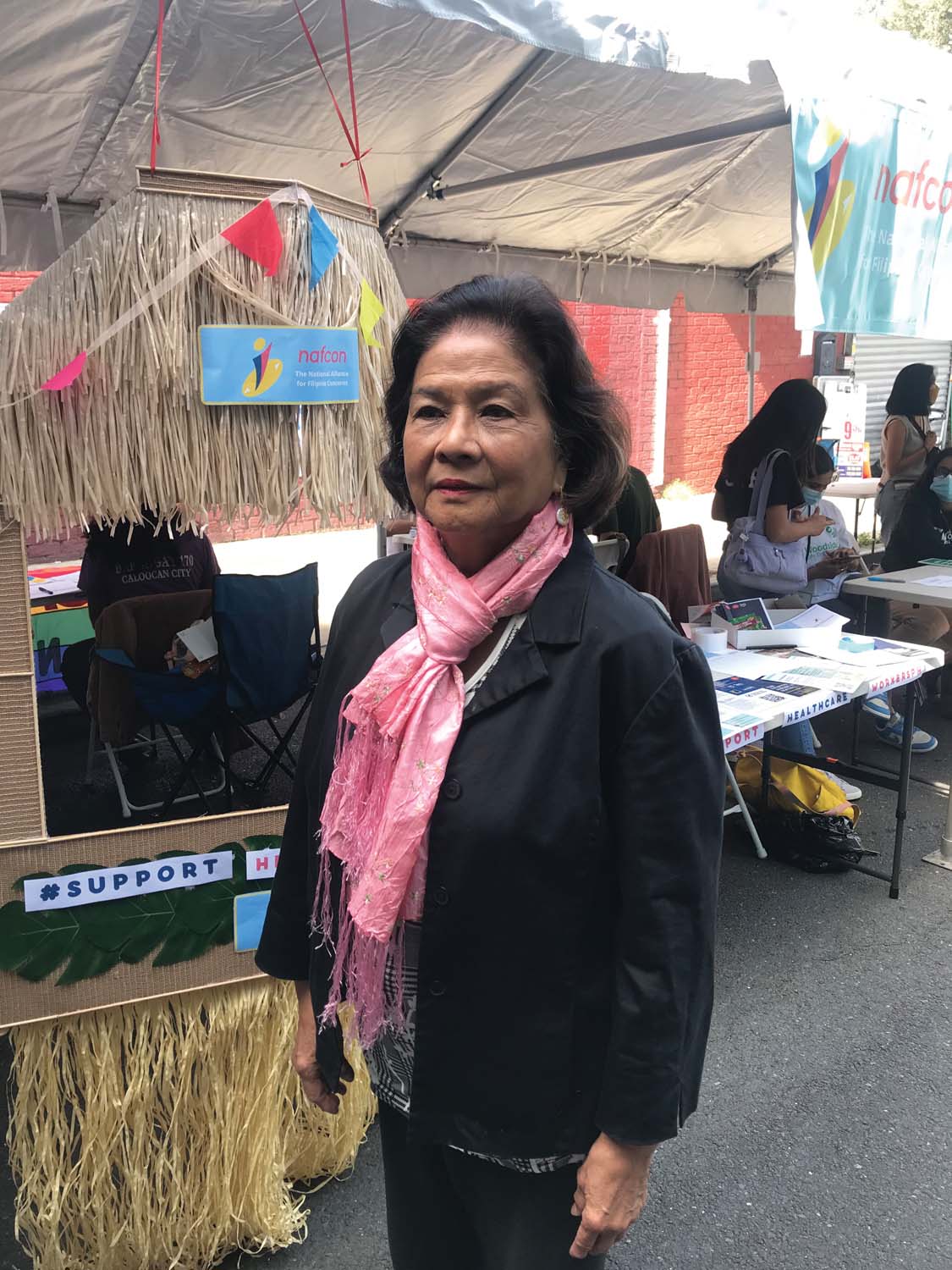
Community leader Dr. Angie Cruz said these celebrations help in gaining more visibility.
“I think we have to celebrate Filipino American History Month because we have become an invisible group. Palagi, Asyano but we are also Filipinos, and we have to show that,” she lamented.
She also called on kababayans not to forget the homeland, especially now that the national elections next year are beginning to heat up.
“We have to go back to our country, we cannot forget our kababayans, we cannot turn our backs,” she said. “I hope our Filipino American kababayans, please, please, don’t forget our kababayans back home because they are part of us.”
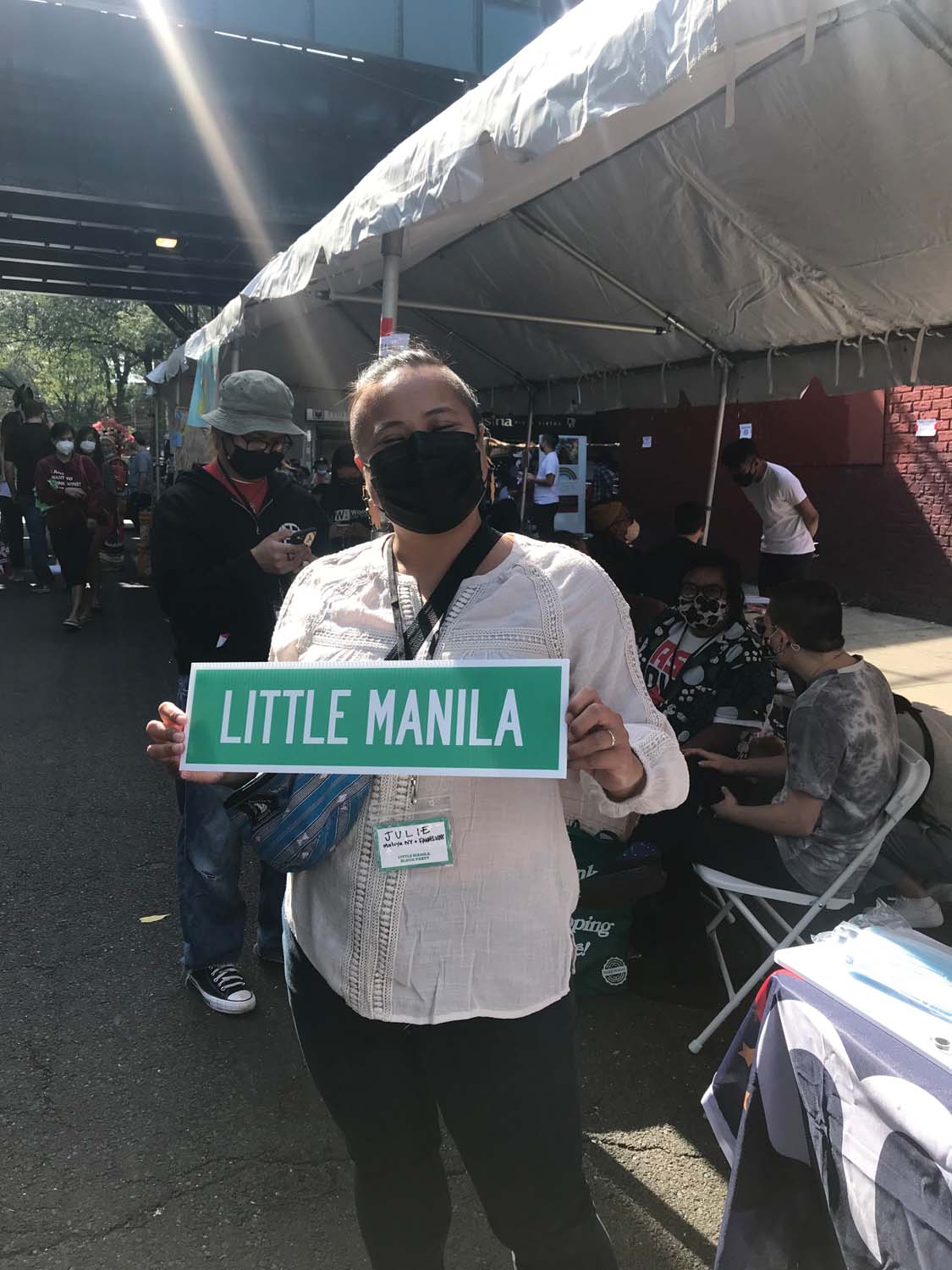
Julie Jamora of Malaya Movement believes that collectively, we should continue to advocate for our community’s rights by coming together to celebrate our culture, share our struggles, and just build a tighter-knit community.
“Filipino American History Month is about honoring our history and legacy of the past, but for me in particular it’s about honoring the hard struggles that the different waves of migration of our Filipinos have had to endure from the sakadas to the Manongs or farmworkers to our present day, Filipino migrant workers,” Jamora said. “Our labor is constantly used for whatever industry that the United States or overseas needs to fill you know it really is cyclical whether it’s farmworkers, it’s nurses of today, but I would really like for us to learn more about the long workers’ history here in America, especially in the 1920s, the Watsonville riots with a lot of farmworkers. We were victims of intense racism, which we still see today with the anti-Asian violence amid the COVID pandemic.”
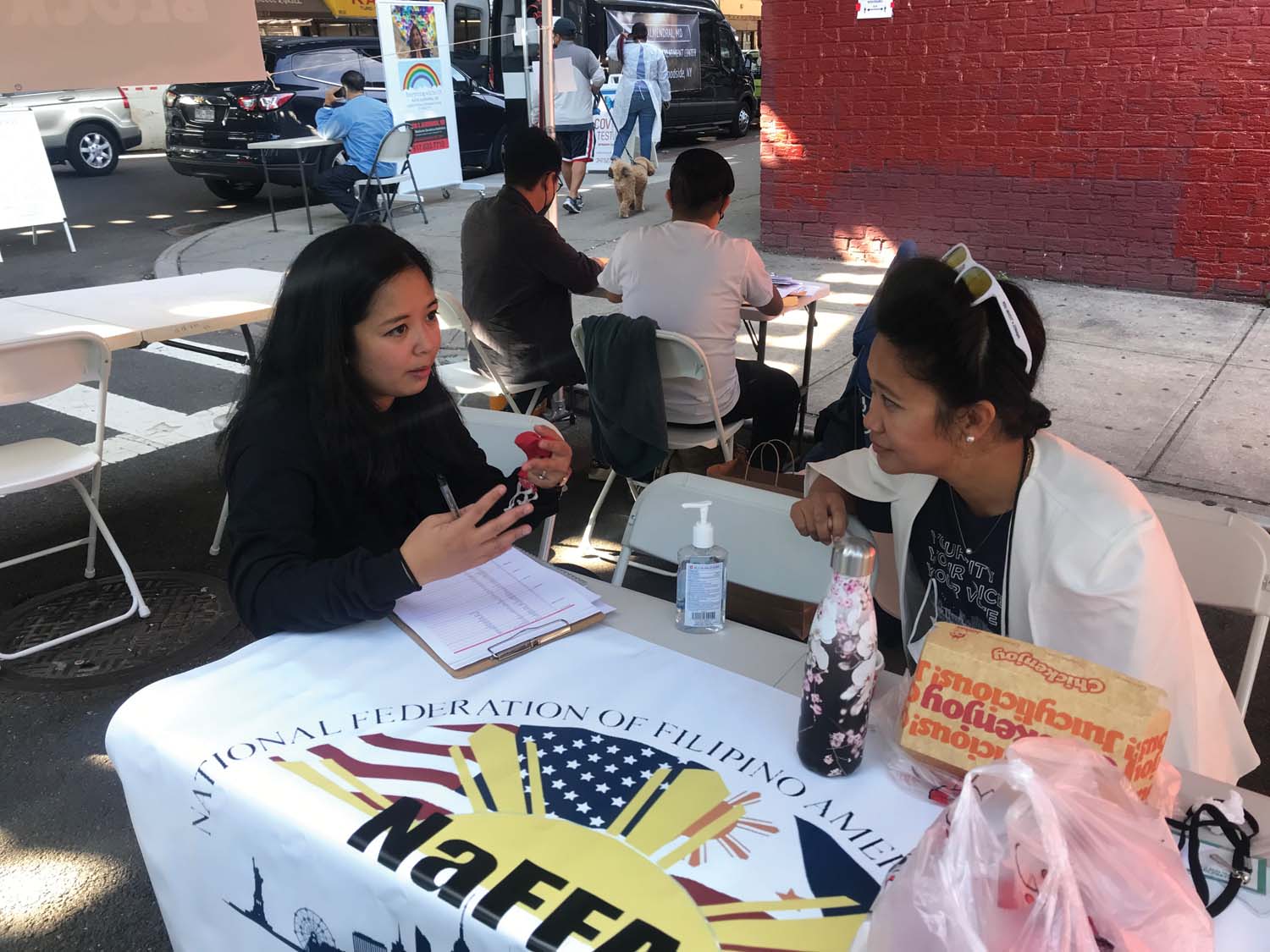
Quest for Little Manila
Filipino-owned businesses such as restaurants, bakeshops, freight and remittance centers, beauty salons have been thriving in Queens for decades, dotting the stretch of Roosevelt Avenue.
Today, groups such as Little Manila Queens Bayanihan Arts are pushing for the redistricting of the area to make sure that there is representation.
“We have already advocated very hard to make sure that Little Manila is represented by one person. And then, we’re still negotiating the maps but so far it’s looking really positive,” Reyes shared. “Before in the state assembly districts we were split between three and now, if everything continues to go well, we’ll be in one, and then hopefully it will be a brand new Asian majority district here in Queens.”
They are pushing for Woodside and the area of Elmhurst Hospital, where a lot of Filipino nurses work, to be in one district.
Reyes added that they learned from the business owners who have been there for decades that the neighborhood used to have block parties in the 80s and 90s and they thought it was a wonderful way to celebrate that history.
“We want people to know about us. And we also want to bring everybody together so we can work together a little bit more, like set some goals together and try to kind of enact that bayanihan spirit,” she said.


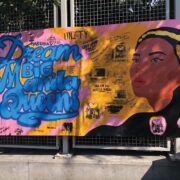
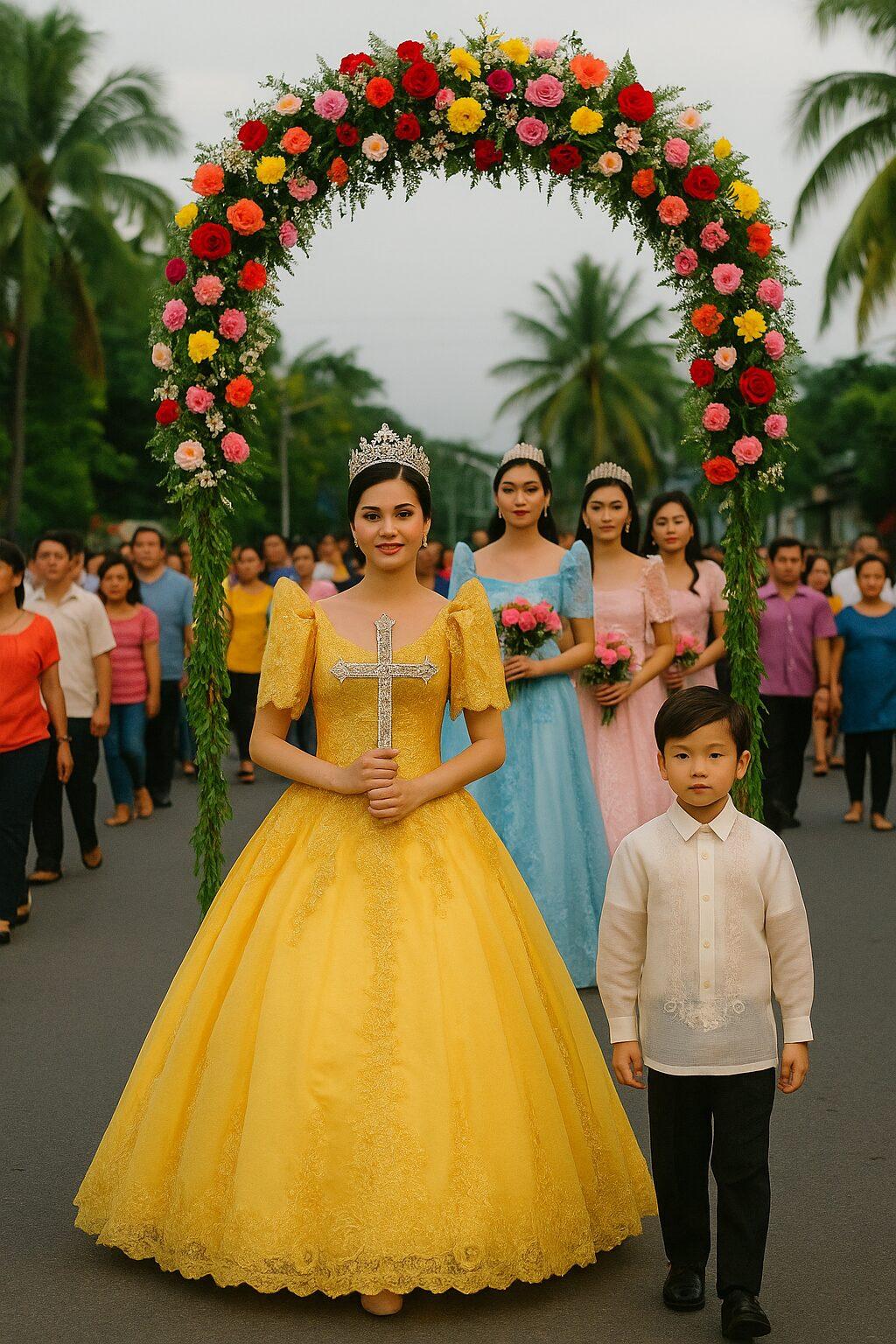
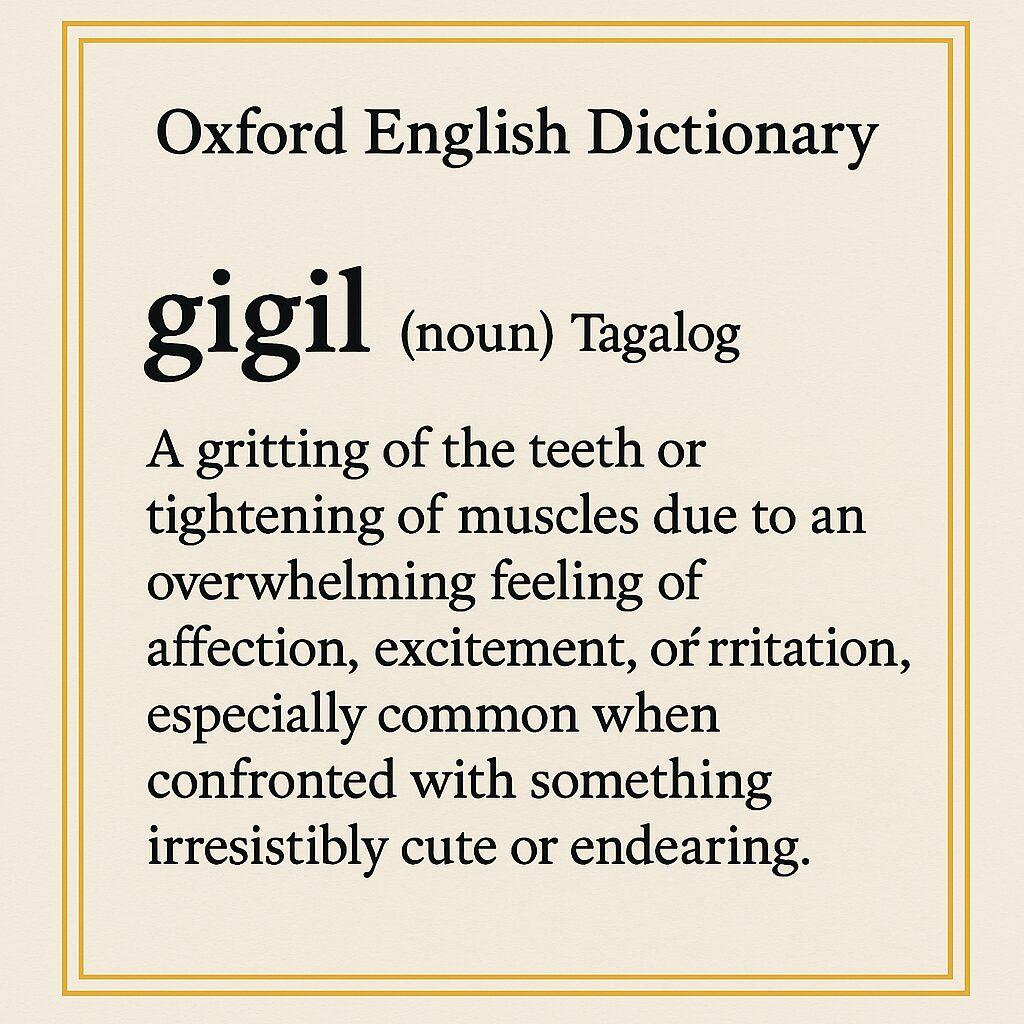
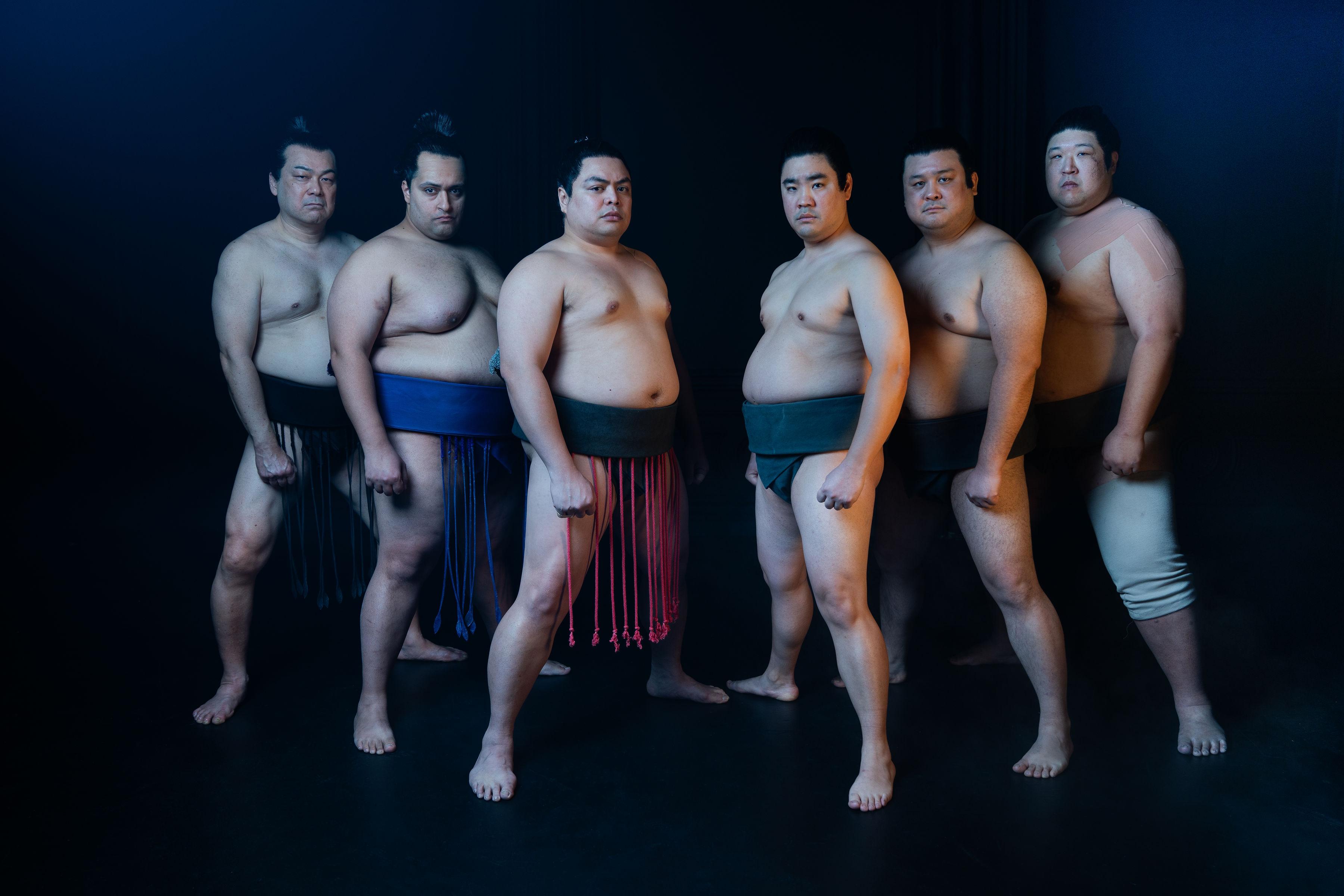

More power to the Filipinos in Queens!